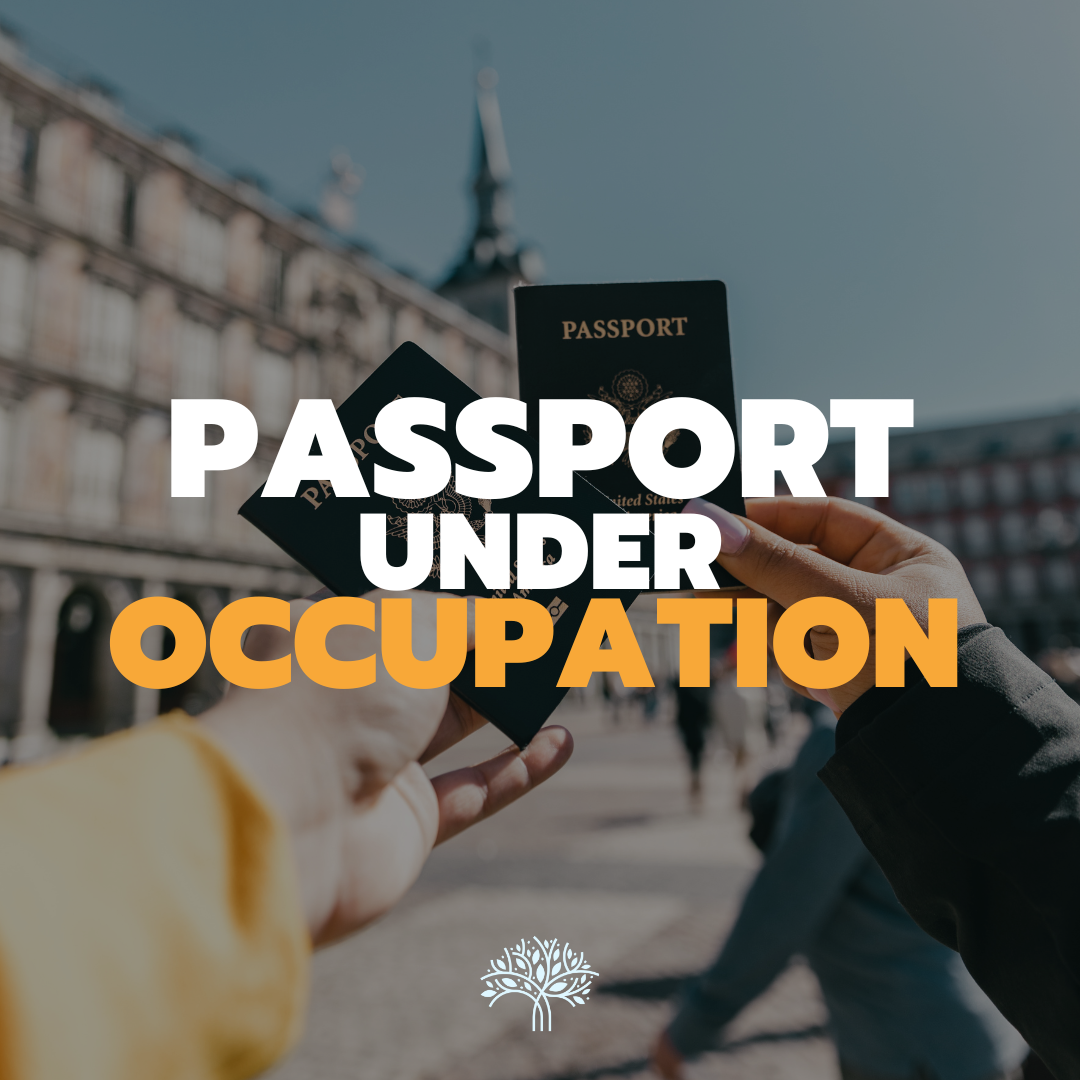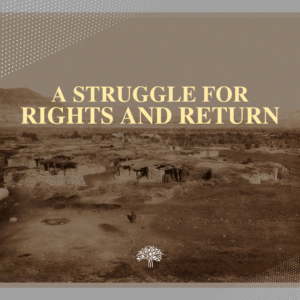By Majd Salfity
Ever wondered how Palestinians are forced to live under occupation? Enduring all of Israel’s discriminatory laws and practices? What passports do they possess: a Palestinian passport or an Israeli one? None at all?
To help you find the answers to all these questions, allow me to share some historical information with you. Since 1967, when Israel took control of East Jerusalem, it has formally provided residents of the area with the opportunity to apply for Israeli citizenship. However, in recent years the number of Palestinians seeking Israeli citizenship has increased significantly. Palestinians residing in East Jerusalem can thus be divided into two groups: those who have an Israeli passport and those who don’t. People without an Israeli passport have both an Israeli travel document and a Jordanian passport.
The real-life cases
To bring this study to a close, here are some real-life cases. These interviews reveal the Palestinian Jerusalemite population’s segmentation, ghettoization, and segregation. The research sample is divided into three groups, each of which has its own different experience with the regime, shaped by their place of residence as well as the residency status and identity documents held by their families.
Rami Abdallah, a 28-year-old engineer from East Jerusalem, explains that Palestinians with Jordanian passports have a different situation as they are not state citizens and do not have access to an Israeli passport. He explains that traveling with an Israeli passport is difficult and that Palestinians have a permanent travel document that does not specify their nationality.
As an Israeli citizen, Abdallah is not threatened with expulsion from Israel and does not have to worry about obtaining a visa for each destination he visits. Israeli citizens are permitted to travel to 161 countries, making it a strong passport. However, it does not guarantee equal access to rights in Israel but enables people to travel with fewer limitations.
There are so many differences between Palestinians with an Israeli passport and Jews due to their lifestyles, political status, educational system, and traditions.
A matter of color
Palestinian priorities vary from those of the rest of the world. For example, they marry based on the color of their potential mate’s ID card, rather than personality, religion, or ethnicity.
Taghreed Issawi, a married Palestinian woman from Ramallah who lives in Jerusalem, shares her unique experience crossing the separation wall with her green Palestinian ID. She explains that the wall is a racist instrument that restricts their freedom of movement and humiliates them. She must walk through the checkpoint alone to ensure she has a permit to enter Jerusalem. They cannot travel freely. Since Palestinians are not allowed to drive outside of the West Bank, they are also not allowed to work there without a work permit, which is extremely difficult to obtain and is granted to very few people.
There is no escaping from discrimination
Tareq Tamimi, a 32-year-old lawyer from East Jerusalem, was the last interviewee to learn about the benefits of having an Israeli passport. He explained that having an Israeli passport allowed him to travel without restrictions and avoid visa processes for visiting relatives in other countries. Tareq’s main motivations for obtaining an Israeli passport were fear of losing residency, desire for easier travel, and a better future for his children.
However, he also noted that his new status as an Israeli citizen has not shielded him from discrimination in any way. Tareq also expressed concern about the identity of Palestinians in Israel due to the ongoing conflict between Israel and the Palestinians and expressed his dislike for being referred to as an Arab-Israeli. Even though Palestinians may obtain an Israeli passport for various reasons, this does not imply that they are Israeli citizens—rather, they simply obtain it to facilitate their lives. It was never intended for them to change their ethnicity or identities as Palestinians.
Discrimination and segregation are Israel’s main assets when it comes to oppressing the Palestinians. Israel treats all Palestinians equally badly, regardless of the town in which they’re from, whether they’re from the West Bank, Jerusalem, or even the Arab Palestinians living in the north. All Palestinians face the same brutality.




